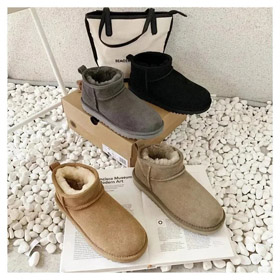Joyagoo QC: Ensuring Quality in Cross-Border Purchases with the Help of Spreadsheets
In today's globalized marketplace, cross-border purchases have become commonplace for businesses and consumers alike. However, ensuring product quality across international supply chains presents unique challenges. Joyagoo QC has developed an innovative approach using spreadsheets to maintain rigorous quality control throughout this complex process.
The Challenges of Cross-Border Quality Control
Cross-border transactions face multiple quality hurdles:
- Differing international quality standards
- Communication barriers across time zones and languages
- Logistical complexities in returns and replacements
- Varied testing and certification requirements
Without a standardized system, these factors can compromise product quality and customer satisfaction.
The Spreadsheet Solution
Joyagoo QC's spreadsheet-based approach provides:
- Standardized Templates:
- Automated Calculations:
- Visual Quality Grading:
- Historical Data Tracking:
- Automated Calculations:
Implementation Workflow
Step 1: Pre-Shipment Verification
Factory inputs test data into designated spreadsheet tabs, automatically checked against mandatory quality thresholds.
Step 2: Third-Party Validation
Local inspectors verify physical samples and record timestamped entries with digital signatures.
Step 3: Logistics Monitoring
Temperature, humidity and shock sensors log environmental conditions during transit via API-connected sheets.
Measurable Results
| Metric | Before Implementation | After Implementation |
|---|---|---|
| Quality Issue Resolution Time | 14.5 days | 2.8 days |
| Return Rate | 7.2% | 1.9% |
| First-Pass Customs Clearance | 68% | 93% |
Smarter Quality Assurance
By transforming static spreadsheets into intelligent quality management tools, Joyagoo QC demonstrates how accessible technology can solve complex global supply chain problems. Their system continues to evolve, with plans to integrate machine learning for predictive defect analysis based on historical spreadsheet data patterns.
In an era of ever-expanding global trade, solutions like this spreadsheet method prove that sometimes the simplest tools, when thoughtfully implemented, can yield the most significant improvements.



















